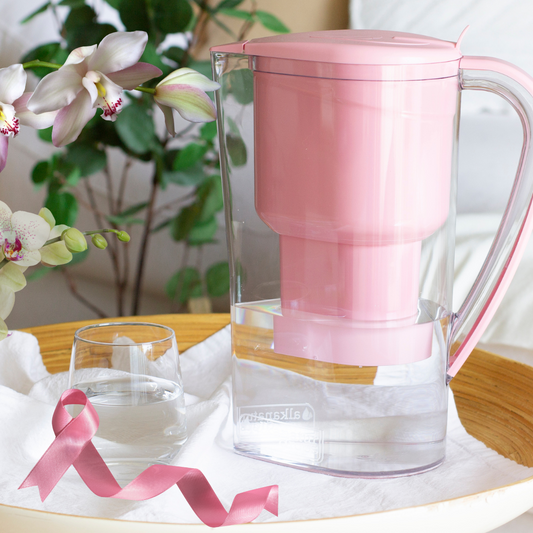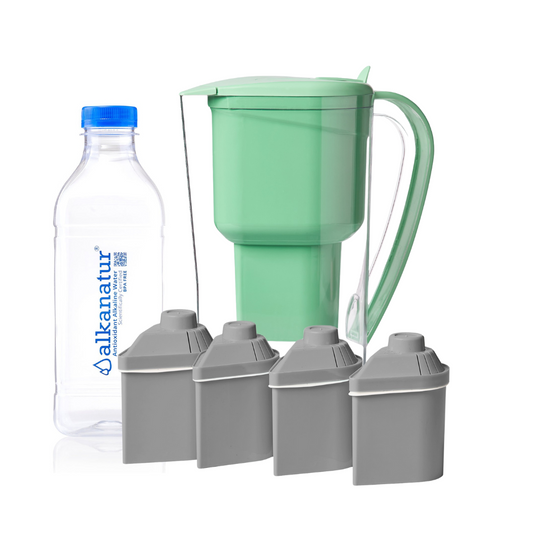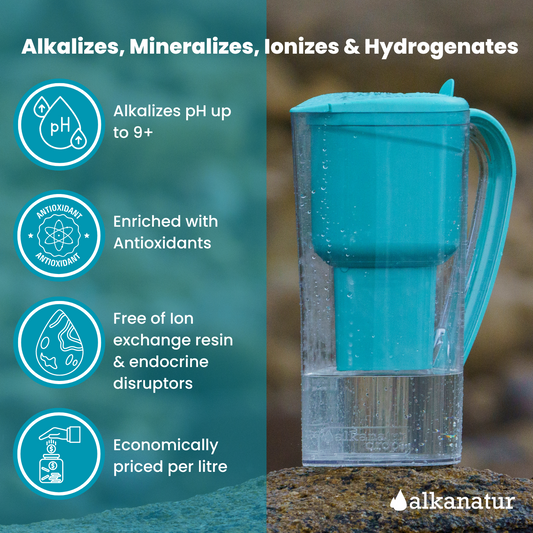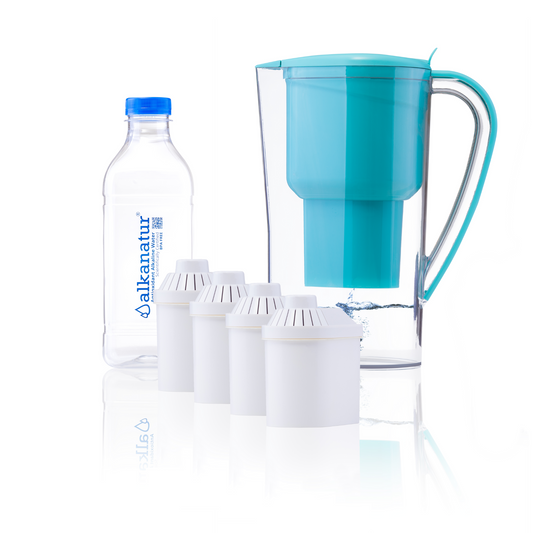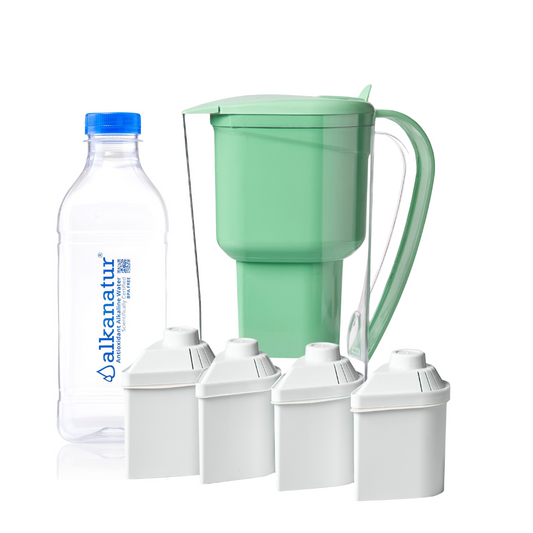Our world is drowning in plastic. A staggering amount of single-use plastic is produced daily, with a disproportionate impact on our oceans and wildlife. Some of the most significant contributors to this crisis are bottled water and other single use plastics. Alkaline water is mostly sold in this way, and at Alkanatur, we want to change that.
The convenience of grabbing a chilled bottle of water is ubiquitous in modern life. However, this convenience comes at a considerable environmental cost. Billions of plastic bottles are produced annually, and a glaringly low percentage are recycled. The rest end up in landfills, where they languish for hundreds of years, or incinerated, releasing toxic fumes. Some of it simply ends up in the environment, polluting streams, oceans, and forests.
The production of plastic is in and of itself energy-intensive. Furthermore, it releases harmful greenhouse gases into the atmosphere. Moreover, the subsequent transportation of these bottles across vast distances further exacerbates the problem. The result is a vicious cycle of consumption, waste, and an endless stream of pollution.
But there is a solution. By making conscious choices, we can significantly reduce our personal impact. Investing in a high-quality water filter, such as Alkanatur, is a step in the right direction. Our filter provides access to clean, refreshing, and alkaline water right at home.
Not only does this reduce your plastic footprint, but it also offers health benefits. Water filtration systems, including Alkanatur, enhance the pH level of your water, providing you with alkaline water, which has been linked to various health advantages. It also limits your exposure to microplastics, which have been found in astonishing quantities in bottled water samples.
Let's commit to a greener future, together. By choosing to filter our water instead of buying it in plastic bottles, we can contribute to a cleaner planet and healthier future. Let's turn the tide on plastic pollution.
Alkanatur Annual Filter Pack | Save on a Year's Supply – Alkanatur North America



